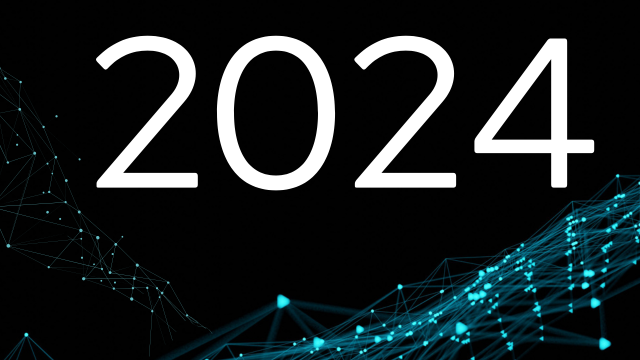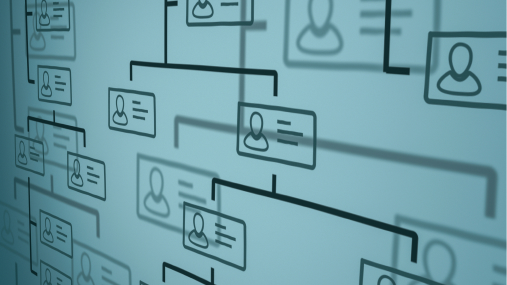Who We Are
Our mission is to transform, through technology development, our understanding of disease and its prevention, detection, diagnosis, and treatment. NIBIB’s unique role as a leader in the development of urgently needed enabling technologies benefits all of NIH and the broader biomedical community.
What We Do
We support biomedical imaging and engineering research throughout the country and abroad and train the next generation of interdisciplinary researchers. We also conduct research in our internationally recognized intramural research labs on the NIH campus.
Check out a selection of some of the most highly read news stories written by the NIBIB communications team in 2024.
Learn about the role of the National Advisory Council for Biomedical Imaging and Bioengineering.
NIBIB’s budget is based on the fiscal year appropriation provided by Congress and signed into law by the President. A key component of the annual budget process is the development of the President’s Budget, which is presented to Congress in the form of the Congressional Justification (CJ). See NIBIB’s most recent and past CJs.
View list of the divisions, offices, and labs that comprise the institute including key leaders by position.
NIBIB’s Strategic Plan outlines the priorities and research focus areas that guide our investments toward improving human health.
Explore the NIH main campus through this virtual tool with interactive maps and guided tour stops.
Events
Research and Innovation Translation Partnerships in Point-of-Care Technologies Conference and Technology Showcase
Researchers, technology developers, clinicians, and industry partners joined regulatory administrators, non-government organization (NGO) leaders, and investors network to discuss complementary expertise and resources to accelerate point-of-care and home-based diagnostic technology innovation, validation, and commercialization.








